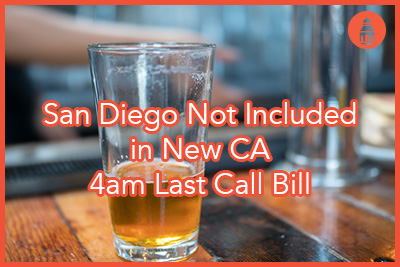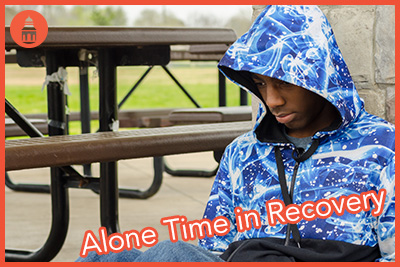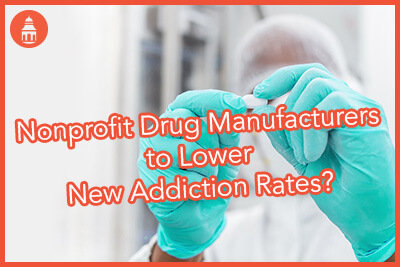When you are living with an active drug or alcohol addiction, it is a big deal – a life-changing moment – when you decide to get treatment. The work you do in the first few months of recovery will set the stage for your sobriety for the next few years. Every morning when you wake up, you know that there are a lot of positive ways to fill your day and directions to take in life, but there is only one thing you have to do: stay sober.
Here are 10 actionable things you can do to turn the concept of sobriety into an active and vibrant reality:
- Stay committed to your mental health treatment. If you were diagnosed with depression, anxiety, a personality disorder, or other mental health issue during addiction treatment, or if you struggle with mental health symptoms related to drug use, staying committed to your mental health treatment is essential. How you feel about yourself, your place in the world, and the nature of life all have significant impact on your ability to avoid relapse. If things are going well, drinking or getting high may be the furthest thing from your mind, but if you are struggling, you may begin to feel that sobriety is a waste of time. You can avoid these ups and downs by seeing a mental health treatment professional regularly, taking medication as prescribed, and engaging in recommended holistic treatment.
- Connect with sober people. You may feel inclined to reconnect with old friends after treatment or attempt to fix relationships that were broken during the course of addiction. While it is noble to be dedicated to the people who are already in your life, both of these actions can be huge triggers for relapse. Instead, focus first on surrounding yourself with positive people who are sober and/or supportive of your sobriety. Then, if you would like to begin to address issues in other relationships, do so slowly and intentionally while giving the bulk of your energy to maintaining your new life in sobriety.
- Identify triggers for relapse. Does seeing someone snort a line of coke or shoot up in a movie make you want to do the same? Does hearing about people’s experiences while under the influence make you feel nostalgic about your time spent in active addiction? Does being around people who are drinking make you feel left out and like you want to drink as well? When you know what it is that makes you want to drink or get high, you can create a plan that will allow you to either avoid those situations or address the holes in your life that you may momentarily believe can be filled with drug or alcohol use.
- Improve your physical health. Your mood and your desire to drink and get high are deeply connected to how you feel physically. If you are tired, you may have less patience with frustration and be more likely to want to forget everything in a drink. If you are overweight and have low energy as a result, you may be less likely to get out of the house and go to 12-Step meetings, therapy sessions, or otherwise engage in positive activities. If you just don’t feel good, you may begin to feel depressed or anxious, and ultimately want to get high in order to change how you feel. Choosing to get good sleep, eat well, and exercise regularly can go a long way toward helping you feel your best.
- Find natural mood boosters. Does a cup of hot chocolate warm you up when you’re not feeling well? What about cheesy old romance movies? A walk in the woods? A swim? Playing a sport? Taking pictures? Find things that make you feel content and at peace, and work those into your schedule regularly.
- Journal. Keeping track of how you feel, your patterns of behaviors after certain events or incidents, and your progress in treatment or through the 12 Steps can help you to notice what triggers the urge to relapse and what helps to squash those feelings. The more you know, the better able you will be to make appropriate adjustments.
- Learn something new. Addiction is all-consuming, so in sobriety you have a lot of time to fill. It’s an excellent opportunity to do something you’ve always wanted to do, learn a new skill, or get involved with a new hobby – anything that is interesting and engaging to you, and nonthreatening to your ability to stay sober.
- Work with a life coach. Not sure what direction you’d like to take in recovery? A sober coach can work with you to map out a path to positive goals and help you manage your recovery at the same time.
- Volunteer. Giving back to others can help you to get out of your own head for a while, stop focusing on the things you find challenging or little annoyances, and help you to see the kinds of problems that others are dealing with. Volunteering can also give you a good way to create positive structure in your weekly schedule and connect with others who are similarly working to find balance and meaning in life.
- Be honest with yourself. The best way to stop a relapse before it starts is to regularly check in with yourself and honestly assess how you are feeling. If you notice that your stress levels are rising, or that a certain situation is causing you to feel out of control or to struggle with your ability to manage your life in sobriety, reach out for help right away.



